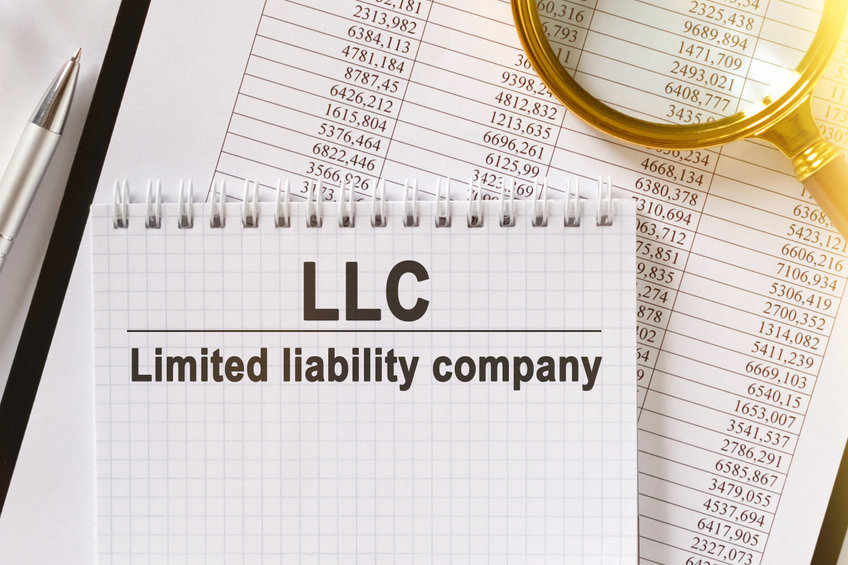Simple answer: yes, a 501(c)(3) not-for-profit organization can own an LLC that owns real estate.
What is a 501(c)(3) organization?
A 501(c)(3) organization is a not-for-profit, commonly described as a “charitable,” organization. 501(c)(3) organizations are tax-exempt under the Internal Revenue Code (“IRS”) when organized and operated for one of the following exempt purposes: charitable, religious, educational, scientific, literary, testing for public safety, fostering national or international amateur sports competition and preventing cruelty to children or animals. 501(c)(3)s may not be organized, operated, or generate earnings for the benefit of any one individual or shareholder.
What is an LLC?
An LLC, or a Limited Liability Corporation, is a legal entity that is separate and distinct from the people who create and own them. Owners of LLCs are known as “members” and may include an individual, partnership (general or limited), another LLC, or a corporation. An LLC may have one or multiple members. LLCs are governed by the LLC statute of the state in which it is organized – the state in which it filed its articles of organization.
An LLC is an attractive business structure for multiple reasons: 1) LLC members cannot usually be held personally responsible for the debts of the business, and are otherwise protected from personal liability for business decisions or actions of the LLC, 2) LLCs require less recordkeeping, registration paperwork, and start-up costs than other entity structures, 3) LLC members may distribute profits as they see fit.
Why would a 501(c)(3) own an LLC that owns real estate?
501(c)(3) not-for-profit organizations may own property yet face potential liability issues. Therefore, it is common for 501(c)(3)s to form single-member LLCs to receive and hold real estate property. By doing so, the nonprofit is shielded from the risks associated with owning property. The nonprofit may report the real estate property owned by its LLC as an asset on its IRS returns. The LLC owned by the nonprofit is considered a “disregarded entity” and does not need to file for tax-exemption status. Rather, the actions of the LLC are attributable to the 501(c)(3) and the 501(c)(3) will report the LLC’s activities accordingly. However, the LLC formed by the 501(c)(3) should be structured to further the 501(c)(3)’s exempt purpose and must not perform activities contrary to such “charitable” purpose.








